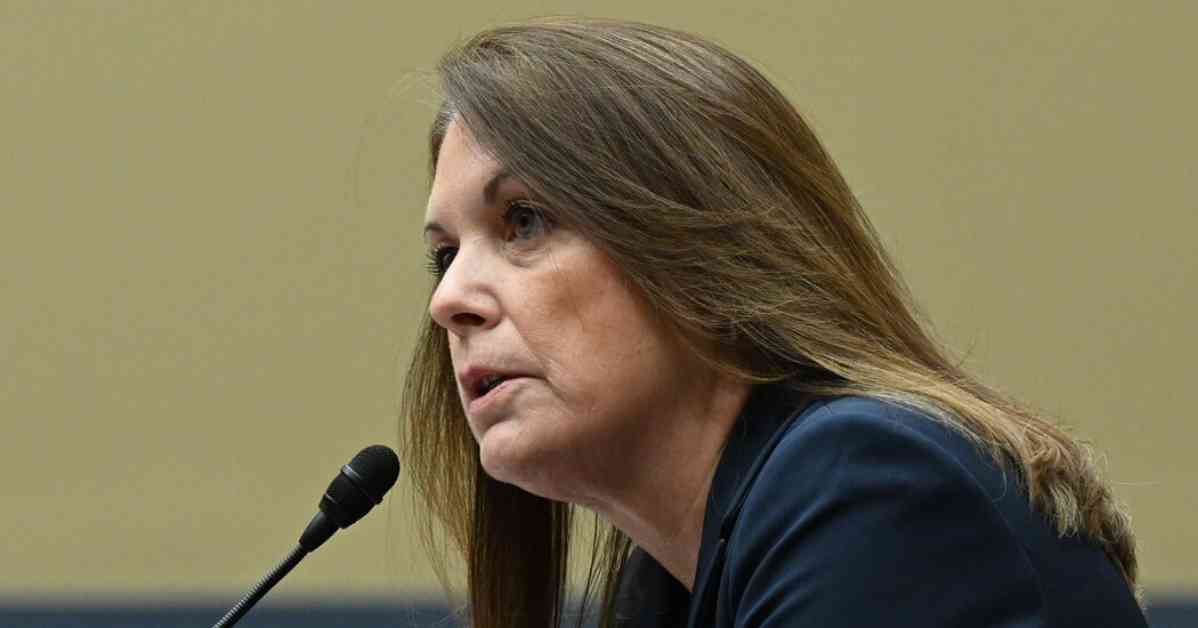Kimberly A. Cheatle, the director of the Secret Service, made a decision to resign from her position on Tuesday due to security failures that occurred during an open-air rally where a gunman attempted to shoot former President Donald J. Trump. This decision came after facing calls from prominent Republican lawmakers to step down.
In an email sent to Secret Service employees, Ms. Cheatle acknowledged that one of the agency’s primary responsibilities is to protect the nation’s leaders, and they failed to fulfill that duty by allowing a gunman to attack during the campaign rally on July 13. She expressed her commitment to the agency but felt that stepping down was the best course of action given the recent events.
President Biden, in a statement, recognized Ms. Cheatle for taking responsibility and leading the agency with honor, courage, and integrity. He expressed gratitude for her service and indicated that a new director would be appointed soon.
This resignation marks a significant turn of events for Ms. Cheatle, who has a long history with the Secret Service, having provided protection to former Vice Presidents Dick Cheney and Joe Biden. Despite initial support from Biden administration officials after the assassination attempt on Mr. Trump, the security lapses leading up to the incident and subsequent criticism raised doubts about her ability to continue in her role.
The Secret Service plays a crucial role in safeguarding the country’s leaders, and the resignation of its director underscores the importance of maintaining high security standards at all times. As the agency transitions to new leadership, there will likely be a renewed focus on addressing security protocols to prevent similar incidents in the future.
It is essential for the Secret Service to learn from this experience and implement measures to enhance security measures and ensure the safety of those under their protection. The resignation of Ms. Cheatle serves as a reminder of the critical nature of the agency’s work and the need for constant vigilance in the face of potential threats.





















